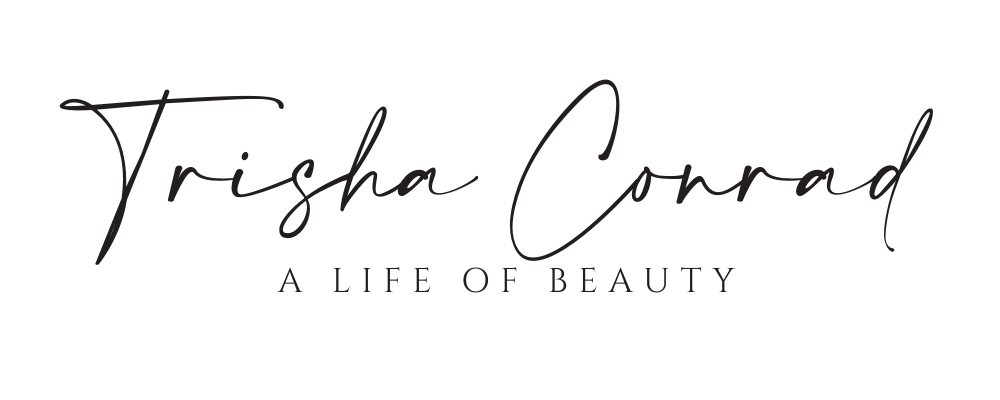Is Retinol Bad for You?
The real, real about Retinol...what you may or may not know and how you can switch to safer.
What's the first thing that comes to mind when you think about anti-aging?
Most people think about “Retinol” due to it’s reputation of being the "quick fix", the "go to", and the "best antiaging" ingredient on the market.
But here are some truths I’ve discovered over the years. While working as a Registered Nurse at a Cosmetic Dermatology clinic, I was thrust into the world of anti-aging. Treatments like laser resurfacing and ultrasound therapy, injections such as Botox and dermal fillers, and skincare products containing ingredients to treat hyperpigmentation, wrinkles, and acne.
It was during this time I also became aware of some of the negative effects of some of the ingredients in the skincare products, such as Retinol. The medical advice to patients was to avoid the use retinol if pregnant or breastfeeding due to their risk of developmental toxicity and to avoid the use of retinol prior to skin treatments due it’s irritating and inflammatory nature. It was these recommendations that got my mind spinning with questions and it wasn’t until my own pregnancy with my twins that I really started to dive further into it.
According to the Environmental Working Group (EWG), “Retinol is a potent form of synthetic vitamin A. Data from an FDA study indicates that retinoid ingredients may speed the development of skin tumors and lesions on sun-exposed skin. FDA, Norwegian and German health agencies have raised a concern that daily skin application of vitamin A creams may contribute to excessive vitamin A intake for pregnant women and other populations.” (EWG Skin Deep® | What is RETINOL (VITAMIN A))
And safecosmetics.org states that “Two derivatives – retinoic acid and retinyl palmitate – should be avoided in cosmetics and personal care products while retinol itself should not be used at high doses.” (Retinol and Retinol Compounds - Safe Cosmetics)
The best thing you can do is to shop as an informed consumer and read the ingredient labels of your products. I am happy to report that I have found a safer alternative to retinol which offers similar age defying properties without the concern.
This Countertime Collection by Beautycounter uses a combination of Bakuchiol and Swiss Alpine Rose in their Retinatural Complex “to visibly plump and firm the skin while boosting hydration to protect skin from drying environmental stressors throughout the day.”
According to Beautycounter, “Bakuchiol has been shown to provide skin-care results that are comparable to retinol—without harmful side effects such as skin irritation and increased sun sensitivity—and Swiss Alpine rose boosts the skin’s antioxidant defense.”
Their products have been Clinically proven to**:
Decrease the appearance of fine lines and wrinkles
Increase skin plumpness
Increase skin’s luminosity and radiance
Increase skin’s barrier function
**In a clinical study of 35 subjects after four weeks
The products are also Vegan, EWG Verified, and Cruelty Free.
Win, win, win, WIN!
To shop these products, visit: https://www.beautycounter.com/en-ca/trishaconrad?goto=/products/skin-care&filters=sets&filters=regimens-collections

